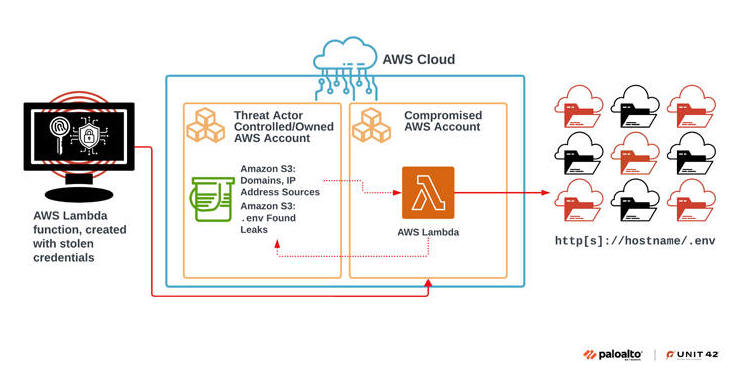Google's New Tracking Protection in Chrome Blocks Third-Party Cookies

CATEGORIE : Safety |
DATE: 15.12.23 |
| WEB : The Hacker News |
Google on Thursday announced that it will start testing a new feature called "Tracking Protection" starting January 4, 2024, to 1% of Chrome users as part of its efforts to deprecate third-party cookies in the web browser.
The setting is designed to limit "cross-site tracking by restricting website access to third-party cookies by default," Anthony Chavez, vice president of Privacy Sandbox at Google, said.


